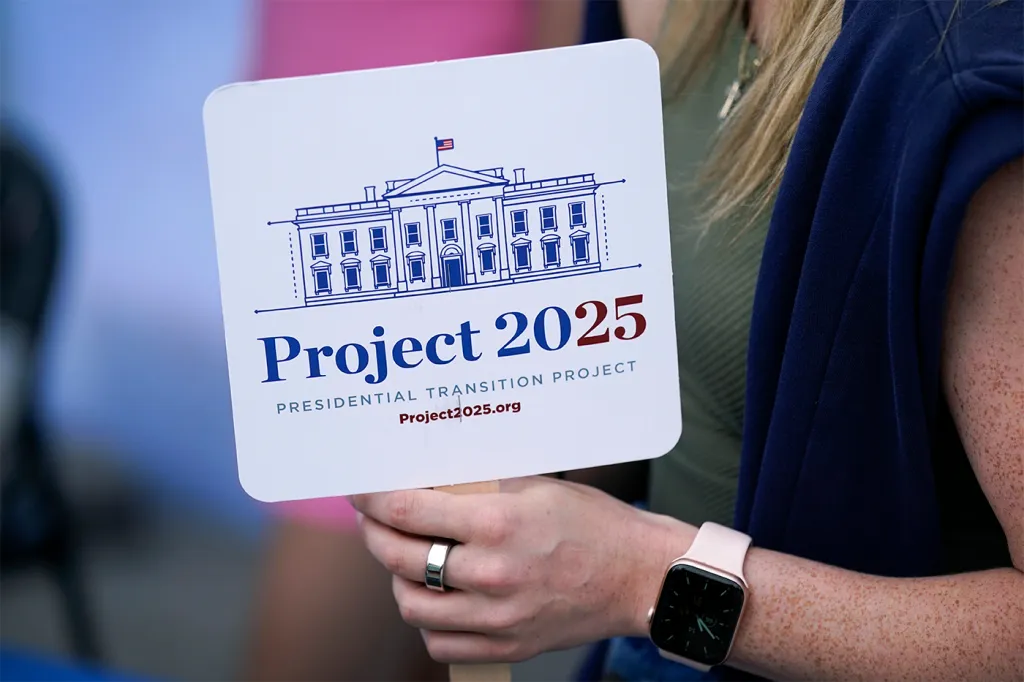Immigration continues to be one of the most pressing and polarizing issues in the United States as we move into 2025. With public sentiment sharply divided on stricter border policies and large-scale deportation plans, the topic is dominating political conversations and shaping the priorities of the 119th Congress. From heated debates over border security to concerns about the economic and humanitarian impacts of deportation, the nation is grappling with complex questions about its identity, economy, and values. This article explores why immigration remains a top issue, how public opinion is influencing policy, and what Congress might do next.

Why Immigration Stays at the Forefront
Immigration has long been a cornerstone of American policy debates, but its prominence in 2025 stems from a mix of recent developments. Record-high border crossings during the early 2020s, coupled with high-profile crimes linked to undocumented immigrants, have fueled calls for tougher enforcement. At the same time, advocates for immigration reform argue that the U.S. economy relies on immigrant labor and that humane policies are needed to address the millions of undocumented individuals already living in the country.
Public concern about immigration is undeniable. A Gallup poll from late 2024 showed that 21% of Americans viewed immigration as the top non-economic issue facing the nation. This sentiment has carried into 2025, with many voters demanding action. For some, the focus is on securing the border and deporting those who entered illegally. For others, the priority is creating legal pathways for immigrants who contribute to society. This divide is setting the stage for a contentious year in Washington.
Public Sentiment: A Nation Split
Public opinion on immigration is far from unified. According to a February 2025 NPR/Ipsos poll, Americans are split on key policies. About 47% support deporting all undocumented immigrants, with strong backing from Republicans (84%) but much less from Democrats (22%). Meanwhile, Democrats and independents lean toward reforms like legalizing undocumented immigrants or protecting programs like Deferred Action for Childhood Arrivals (DACA).
The idea of stricter border policies also sparks debate. Four out of five Republicans view recent border crossings as an “invasion” and support measures like building a border wall or using military resources for enforcement. In contrast, many Democrats argue that militarizing the border ignores the root causes of migration, such as violence and poverty in Central America. They push for investments in immigration courts, legal representation, and processing capacity at ports of entry to manage asylum seekers more effectively.
These differing views reflect deeper cultural and economic concerns. For some, immigration is a matter of national security and rule of law. For others, it’s about compassion and economic necessity, given that immigrants make up a significant portion of the workforce in industries like agriculture, construction, and healthcare. As these perspectives clash, Congress faces pressure to act—but finding common ground will be tough.

The Push for Stricter Border Policies
Since the start of 2025, the Trump administration has moved swiftly to deliver on campaign promises of tougher immigration enforcement. Executive orders have aimed to end “catch-and-release” policies, shut down apps that facilitated migrant entry, and expand detention capacity. Reports indicate a 99.99% drop in border “catch-and-release” compared to the worst months under the previous administration, alongside a sharp decline in illegal crossings. Media outlets like Fox News and CBS News have noted that border crossings are at their lowest in decades, with some reporters struggling to find migrants to film at the U.S.-Mexico border.
Congress is also prioritizing border security. The Senate Budget Committee, led by Republicans, is advancing a budget reconciliation bill that could allocate up to $175 billion over the next decade for border security measures. This includes funding for completing the border wall, hiring more Immigration and Customs Enforcement (ICE) agents, and expanding detention facilities. The reconciliation process, which requires only a simple majority in the Senate, gives Republicans a chance to bypass Democratic opposition and push through these policies quickly.
However, not everyone supports this approach. Critics argue that militarizing the border and focusing on enforcement ignores the bigger picture. The American Immigration Council has warned that mass deportation and strict border policies could cost billions while harming communities and the economy. They point out that immigrants, even undocumented ones, contribute billions in taxes and fill critical labor gaps. The debate over border security is far from settled, and it’s likely to dominate congressional agendas throughout 2025.

Deportation Plans: Ambitious but Controversial
Perhaps the most divisive issue is the push for large-scale deportations. The Trump administration has promised the “largest domestic deportation operation in American history,” targeting 15 to 20 million people. Since January 2025, ICE has arrested over 150,000 undocumented immigrants and deported 139,000, with a focus on those with criminal records. High-profile operations, like one in Massachusetts that arrested over 370 individuals with serious criminal charges, have been touted as successes by the administration.
But these plans face significant hurdles. Deporting millions would require massive funding, personnel, and detention space—resources that ICE and other agencies currently lack. The Migration Policy Institute estimates that deporting 11 million undocumented immigrants (a more realistic figure than the administration’s target) would cost hundreds of billions and take years to complete. Logistical challenges aside, the human cost is a major concern. Stories of families separated, like a Texas father detained while buying baby formula, have sparked outrage among civil rights groups.
Opposition is growing in Congress and beyond. The American Civil Liberties Union (ACLU) warns that mass deportations could violate constitutional rights and strain communities. Democratic lawmakers are pushing back, using their influence in Congress to limit ICE’s funding and advocate for protections for DACA recipients, Temporary Protected Status (TPS) holders, and other vulnerable groups. Meanwhile, some Republican-led states, like Texas and Tennessee, are aligning with the administration by expanding state-level enforcement efforts.
What’s Next for Congress in 2025?
The 119th Congress, with Republican majorities in both the House and Senate, is poised to make immigration a top priority. Several key proposals are on the table:
- Budget Reconciliation Bill: As mentioned, this bill could provide massive funding for border security and deportation efforts. It’s expected to move forward by mid-2025, though House Republicans are divided on the details.
- Laken Riley Act: This bill, nearing passage, would mandate detentions for migrants accused of minor crimes and give state attorneys general more power over immigration policy. It’s named after a young woman killed by an undocumented immigrant, a case that has fueled calls for tougher enforcement.
- Remain in Mexico Revival: Republicans are pushing to reinstate the Migrant Protection Protocols, which forced non-Mexican asylum seekers to wait in Mexico during their U.S. immigration hearings. A Senate hearing on this policy is scheduled for early 2025.
- Sanctuary City Crackdowns: Bills like the “No Bailout for Sanctuary Cities Act” aim to cut federal funding to cities that limit cooperation with ICE. This has sparked fierce debate, with critics arguing it punishes local governments for protecting their residents.
On the other side, Democrats and pro-immigration groups are advocating for balanced reforms. They want to protect DACA and TPS, reduce immigration court backlogs, and create legal pathways for undocumented immigrants. However, with Republicans holding the majority, these proposals face an uphill battle.
The Road Ahead
Immigration will remain a defining issue in 2025, with public sentiment driving the congressional agenda. While stricter border policies and deportation plans have strong support among some Americans, others see them as costly and inhumane. The challenge for Congress is to navigate these divisions while addressing the practical realities of enforcement, economic needs, and humanitarian concerns.
As the year unfolds, expect more debates, protests, and legal battles. The outcome will shape not only the future of immigration policy but also the lives of millions of immigrants and their families. For now, one thing is clear: the nation’s approach to immigration reflects its deepest values—and its deepest divides.
Read More :- Student Loan Defaults Surge as Collections Resume, Impacting Millions






